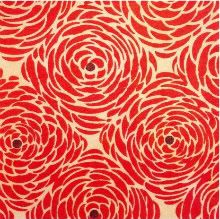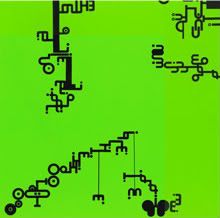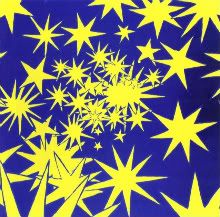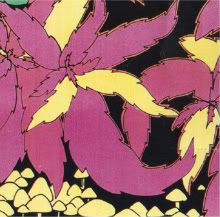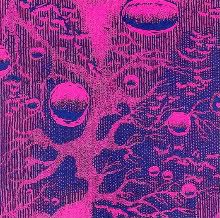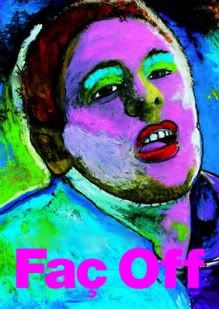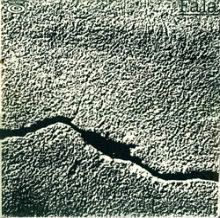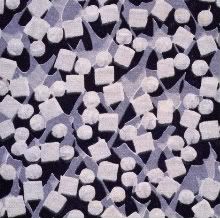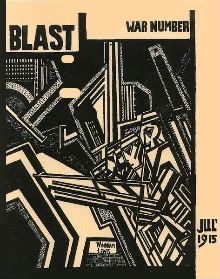The definition of a 'lost' classic. Russian 'punk poet' Yanka Dyagileva's sorrow is beautiful and heartbreaking. The dissonant rumblings of cheap electric guitar introduced here on some tracks makes this, like all 'final statements', prophetically unhinged and disturbing. The foreknowledge of her spiralling depression, alcoholism and the increasing bleakness of her lyrics haunt the listener throughout.
This short album is bookended by painful exorcisms, 'Выше ноги от земли' and 'Придет вода'; both are lengthy songs with more than one passage, and both transmit an indescribable angst (especially if you don't speak Russian), although these titles should give you some idea: 'The Water Is Coming', 'Higher Than My Feet Above the Ground', 'Of Devils'...
Cracked lullabies, a recurring broken music box and an endearingly shambolic delivery reflect an innocence lost, never to be regained, and the sort of fatalistic, self-destructive philosophy that permeates the art of those under the Mighty Red Boot. We are even treated to a minute or so of Yanka's *swoon* spoken word and *gasp* an organ solo!
The title translates as Styd i Sram, or Shame and Reproach, and is Yanka's final self-released record before her suicide in Siberia, in 1991, within months of recording these songs.
In Soviet Russia you were simply not allowed access to studio facilities unless you were bland, state-authorised un-music. Yanka's vagrant lifestyle, travelling around Russia in collectives playing to the counterculture crowd, was the only means by which a dissenting artist could make themselves heard - at grassroots level. As such the Russian political folk underground was largely inspired by Bob Dylan and other Western minstrels, as well as rock 'n' roll and other impassioned forms of music that were frowned upon. Indeed, many of Yanka's contemporaries faced arrest without trial (and in some cases even torture) for their stance.
To those in the know, Стыд и срам is a punk-folk classic, although parallels could be drawn with the concurrent grunge and lo-fi scenes emerging in America. However none of those artists knew anything of the true tyranny, cultural suppression and hardship that Yanka did; and the melodies bear no resemblence to anything Western.
It's such a shame there has been no comprehensive translation of this bohemian heroine's lyricbook, as the folk-poet element is lost on non-Russian speakers... But if you are interested there are dribs and drabs of information, and all her home-recorded albums and bootlegs are free to download here: http://store.yanka.lenin.ru/mp3/Prodano!_89/
Shout to Proskynesis for introducing me to this a while ago.
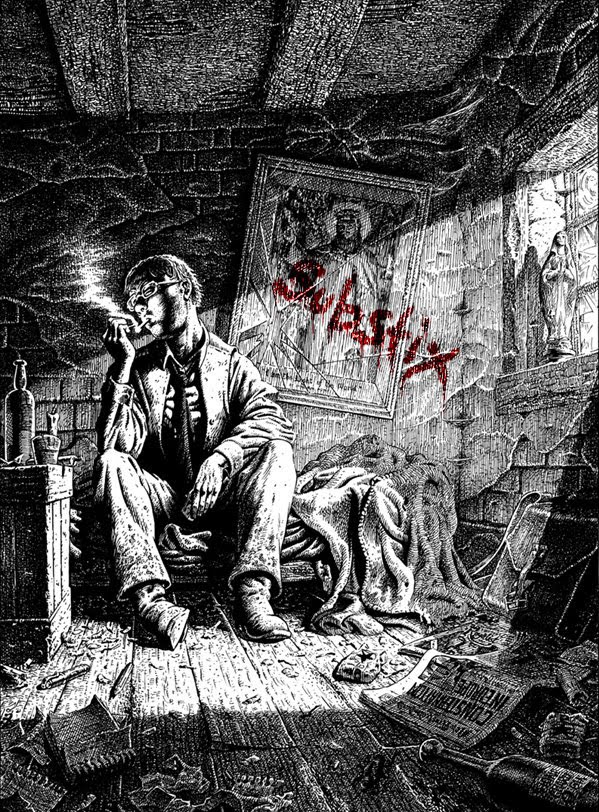



.jpg)


